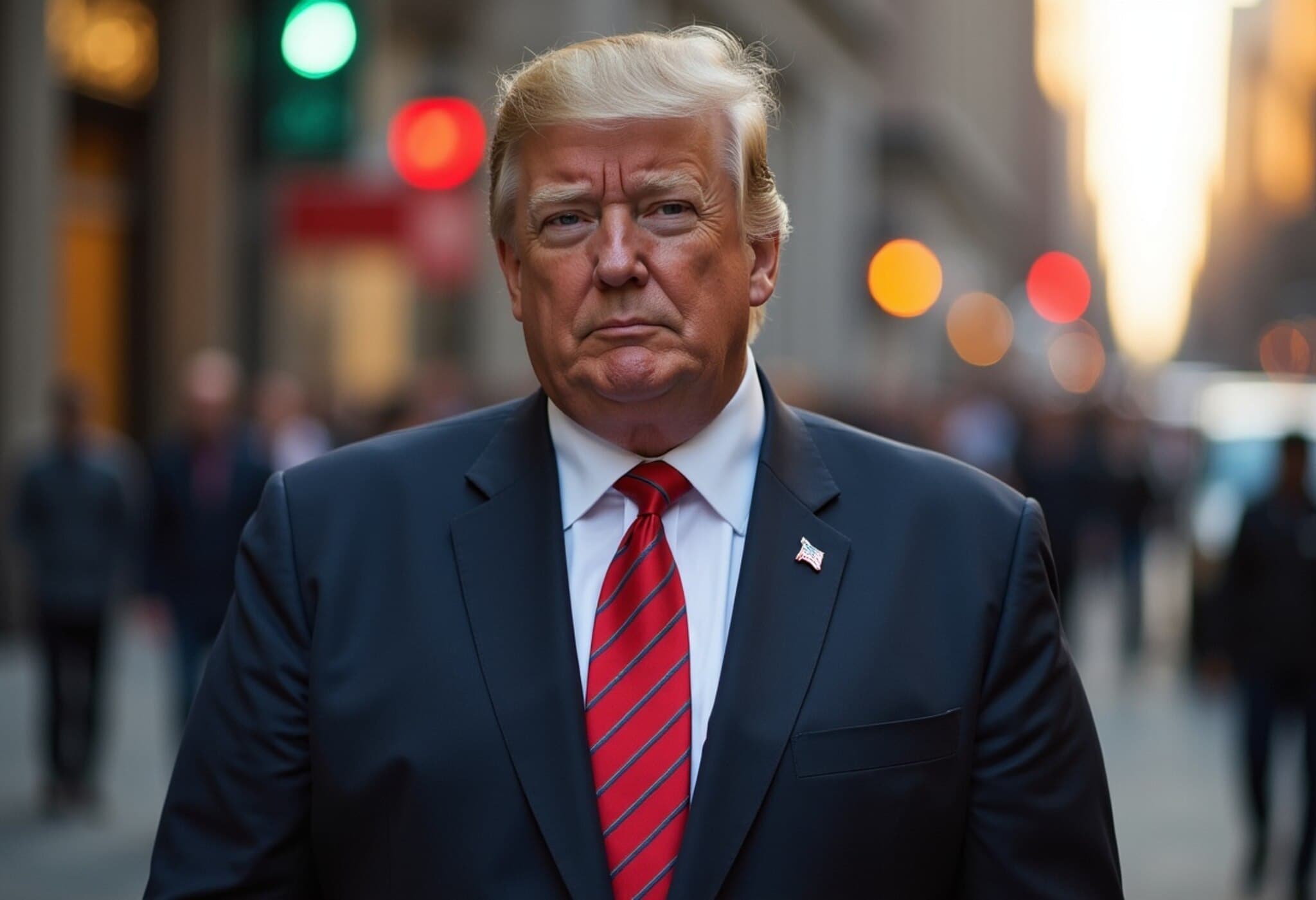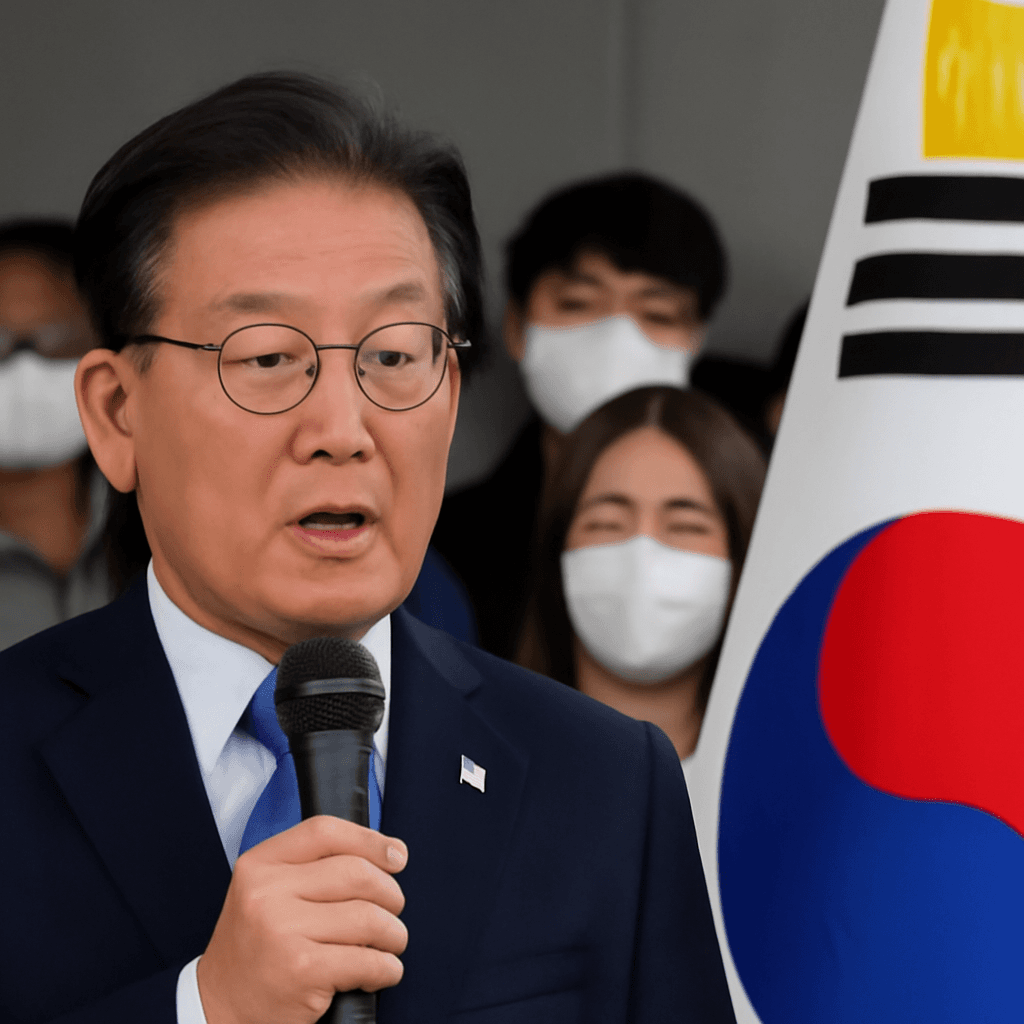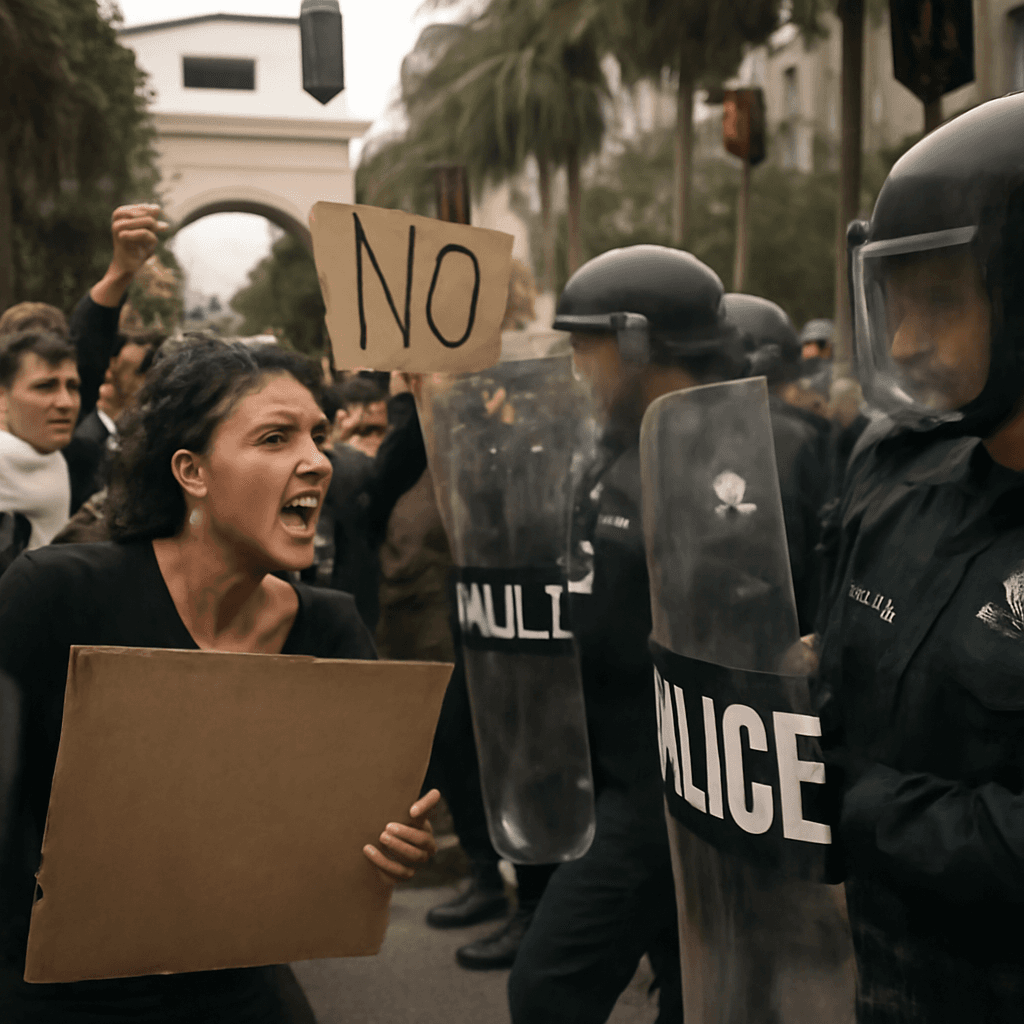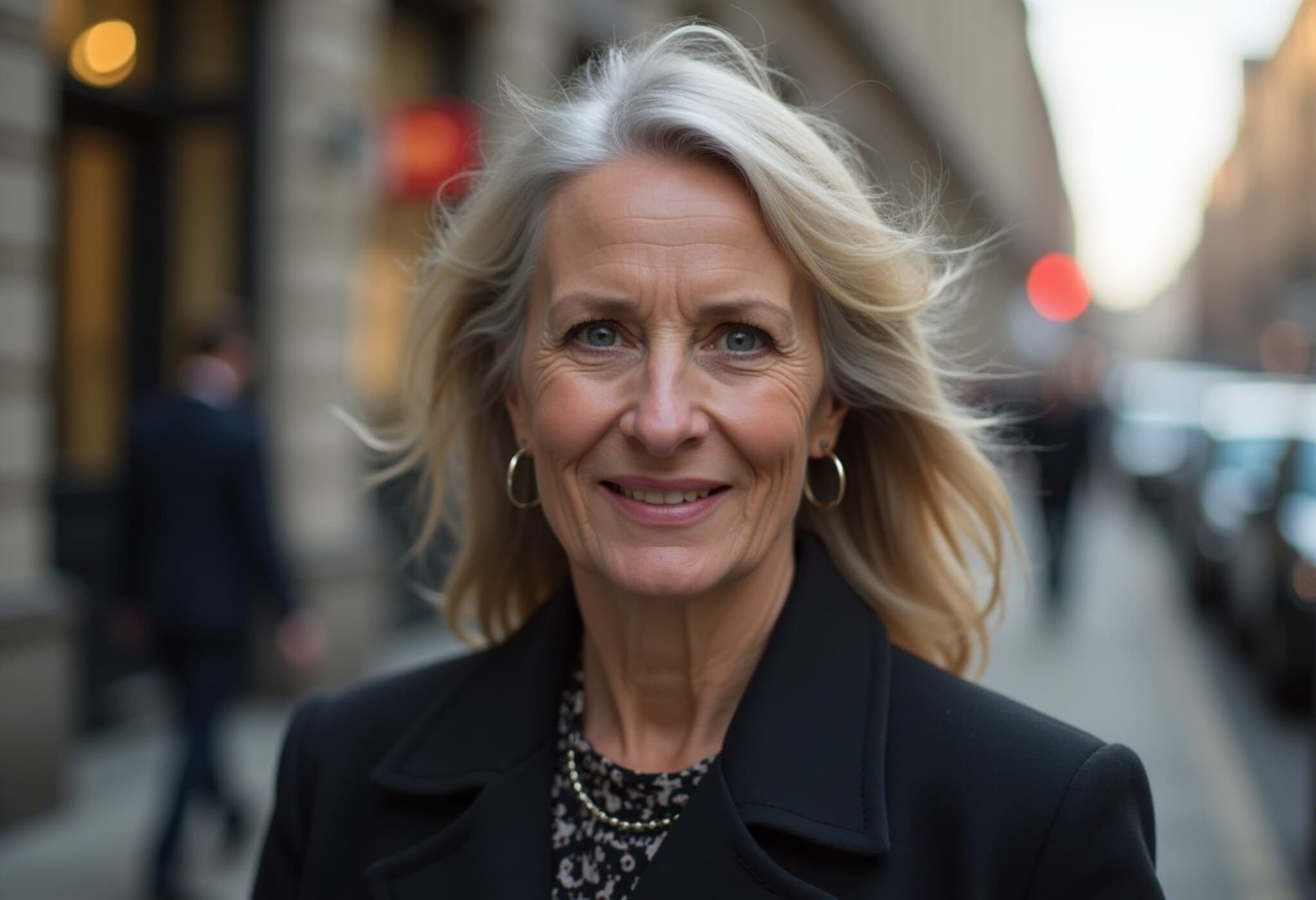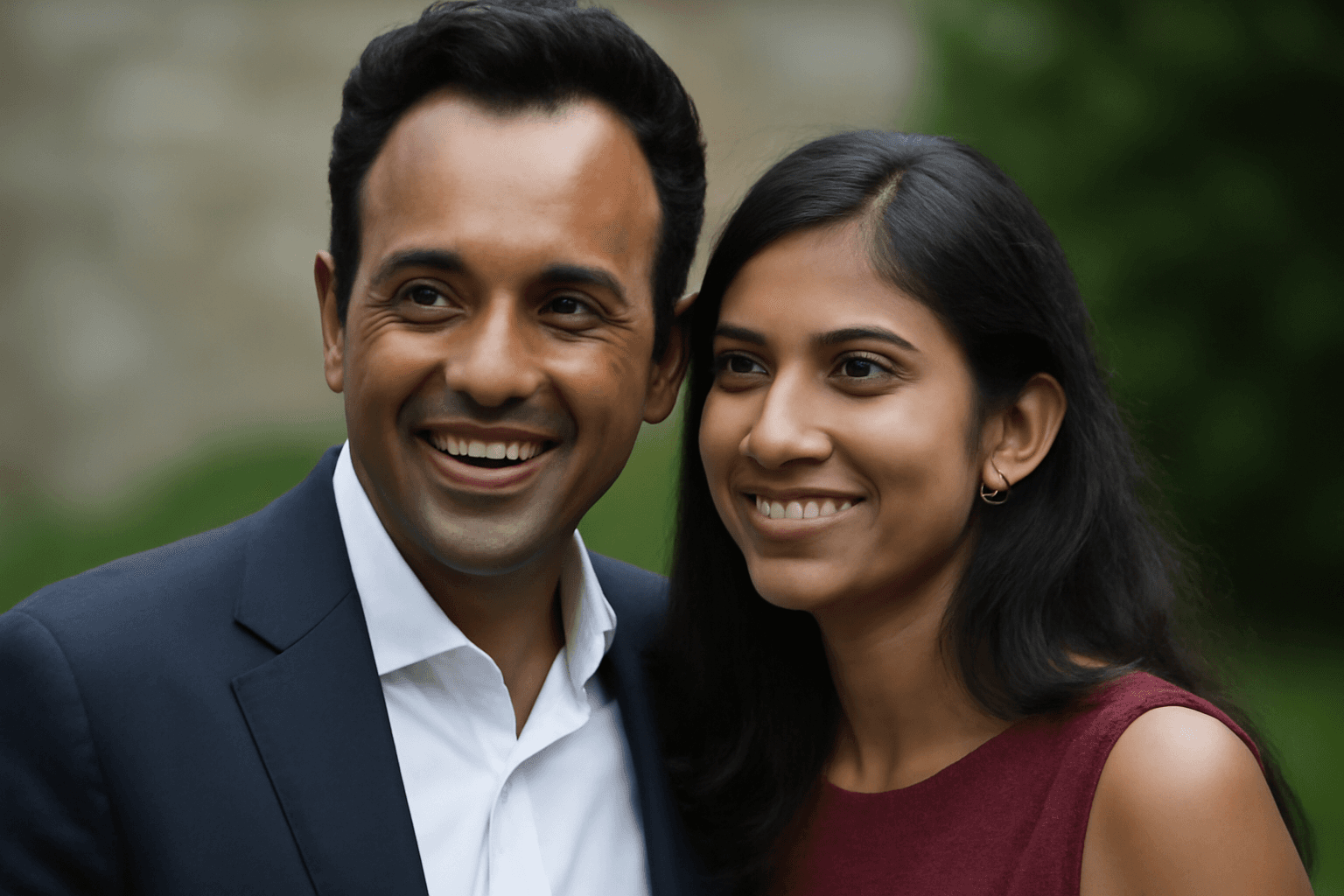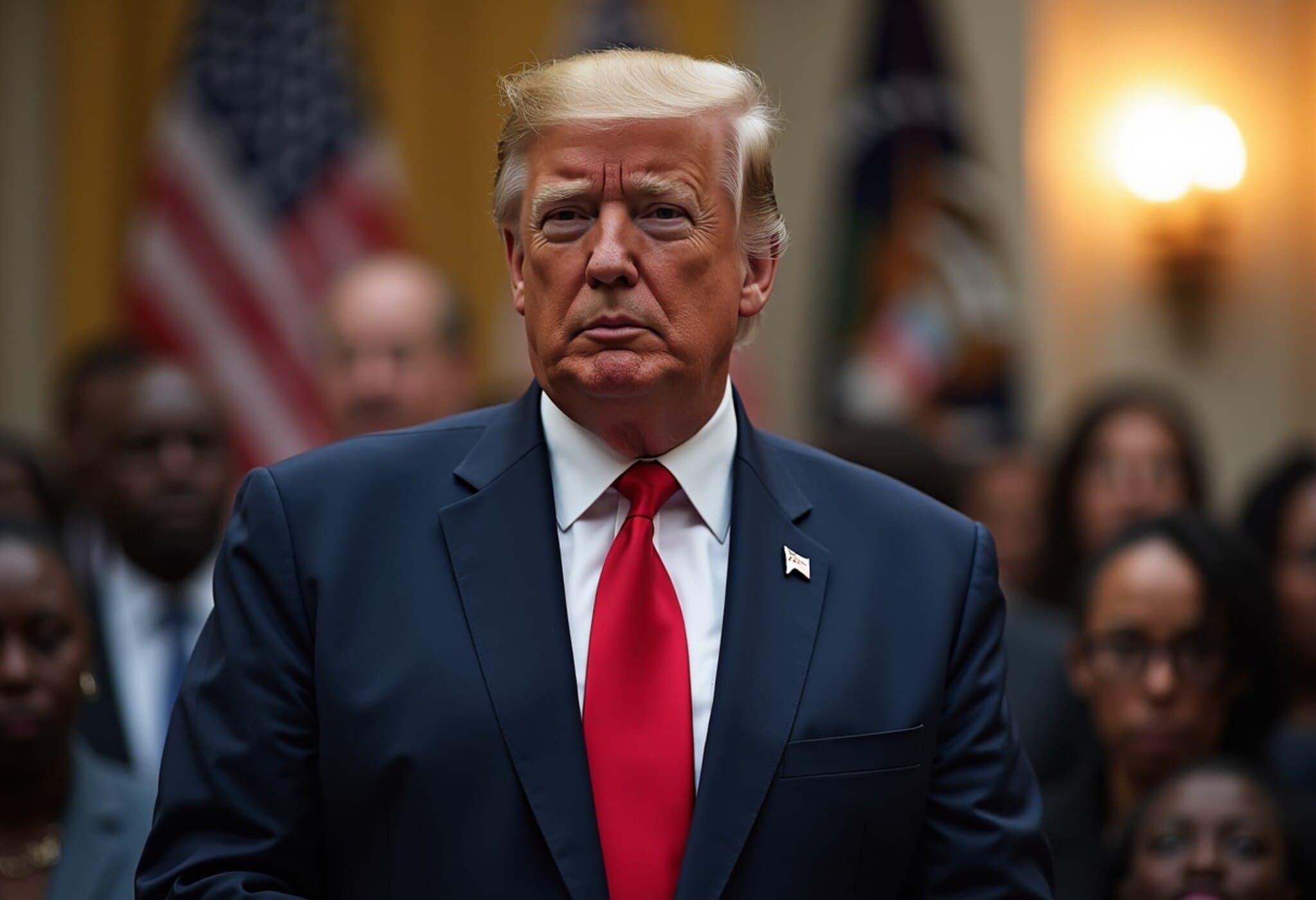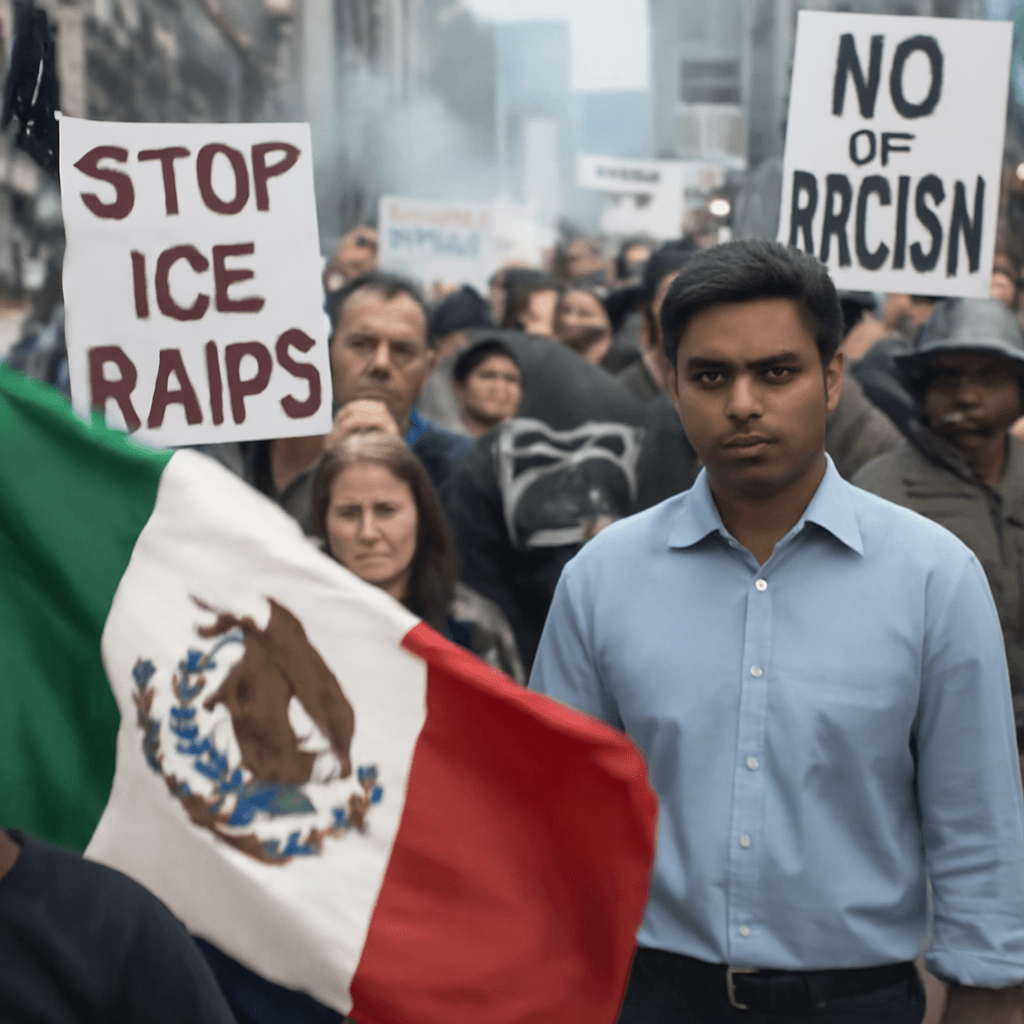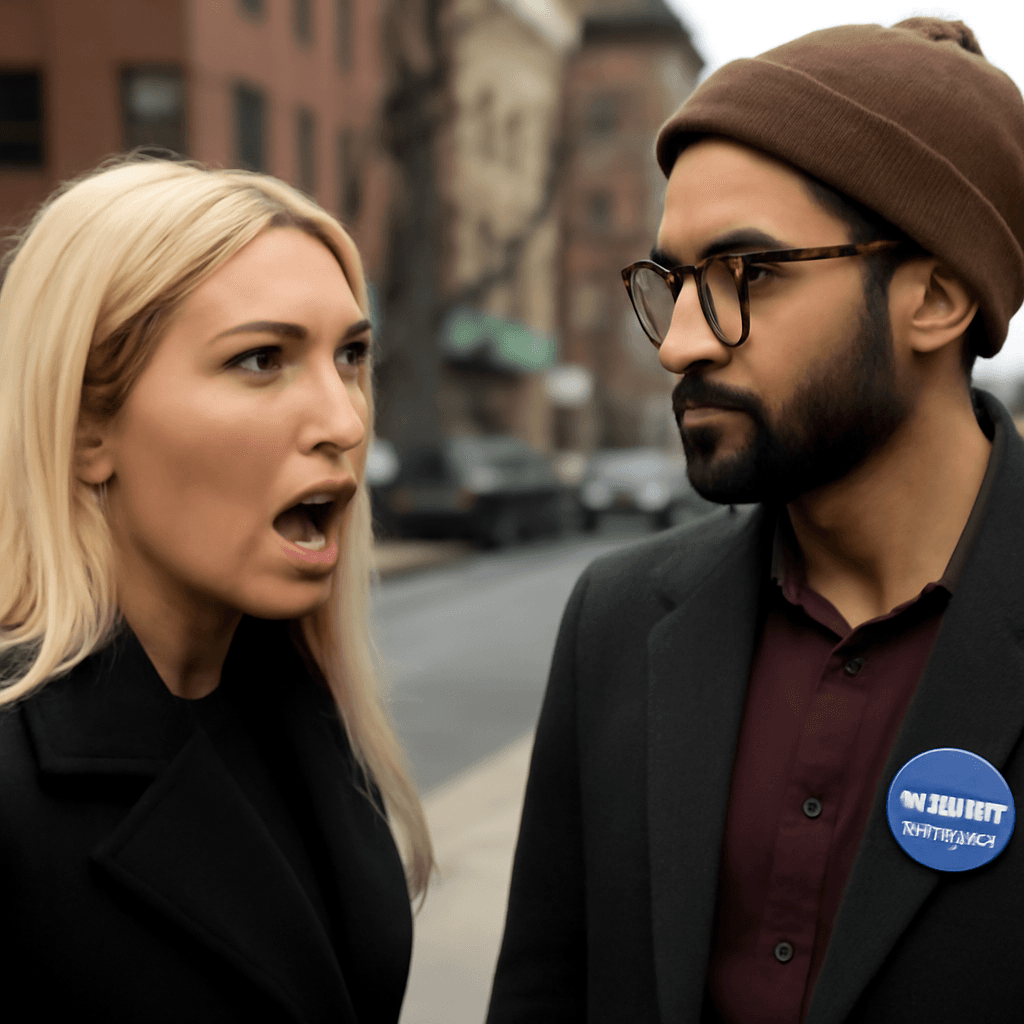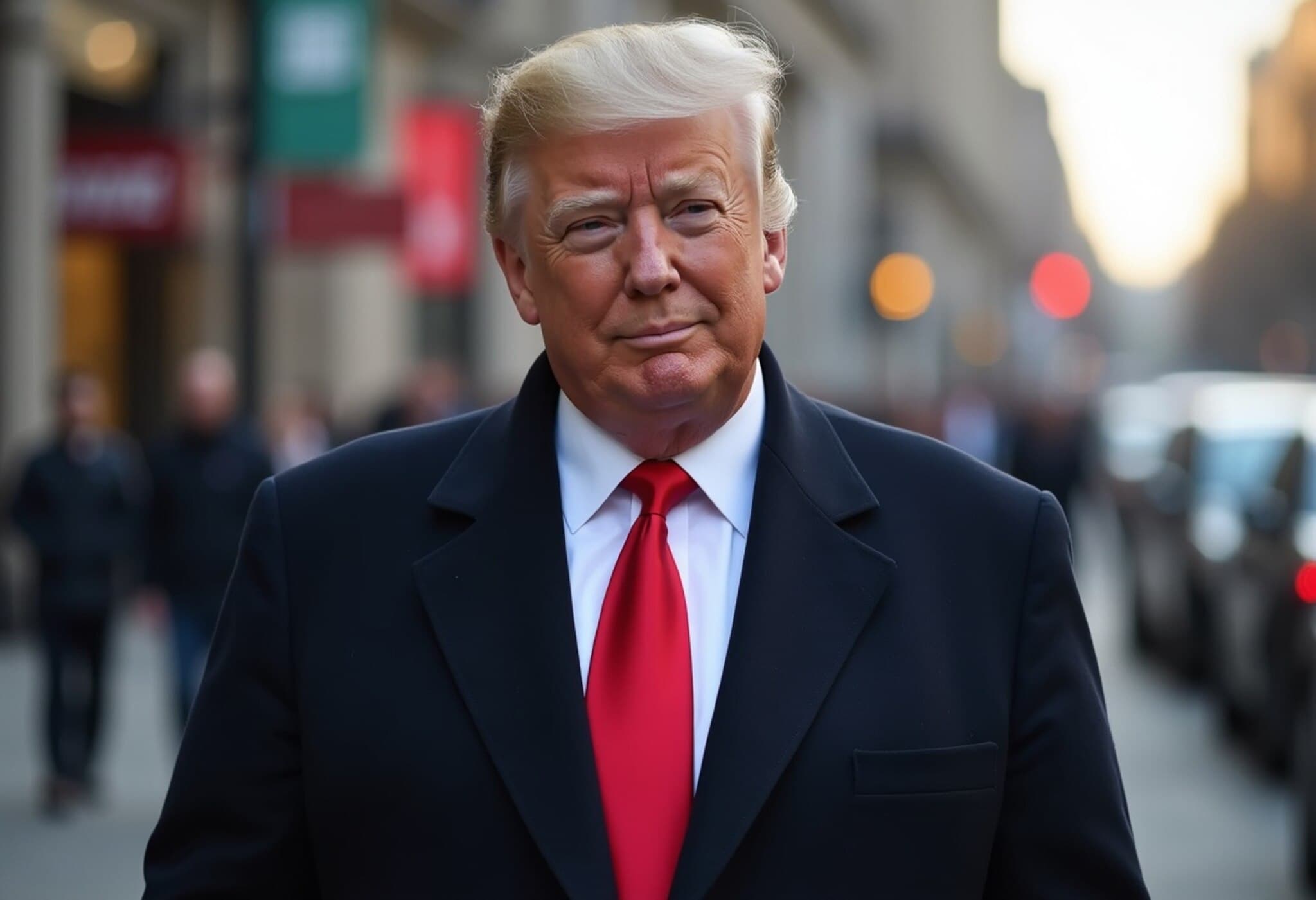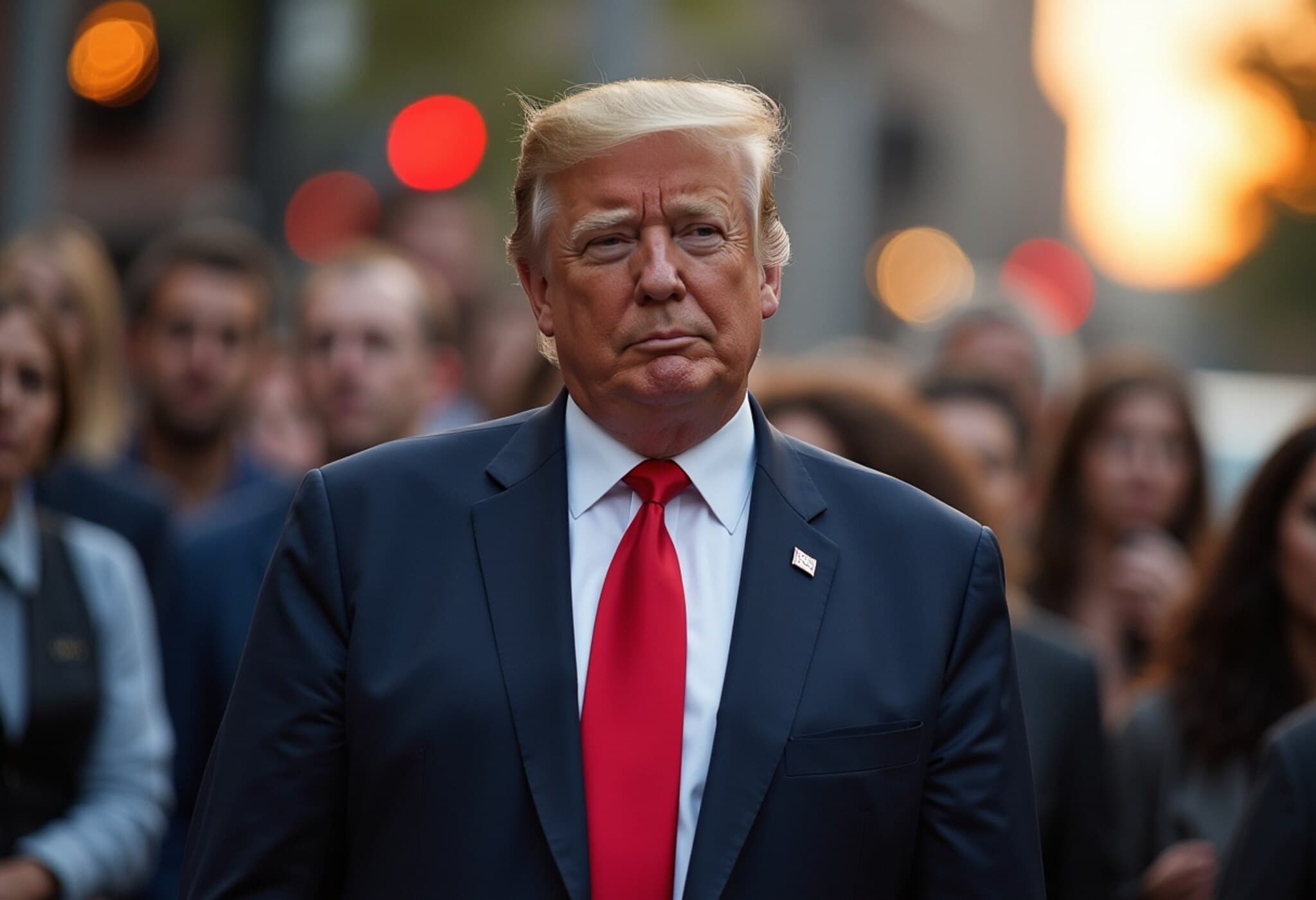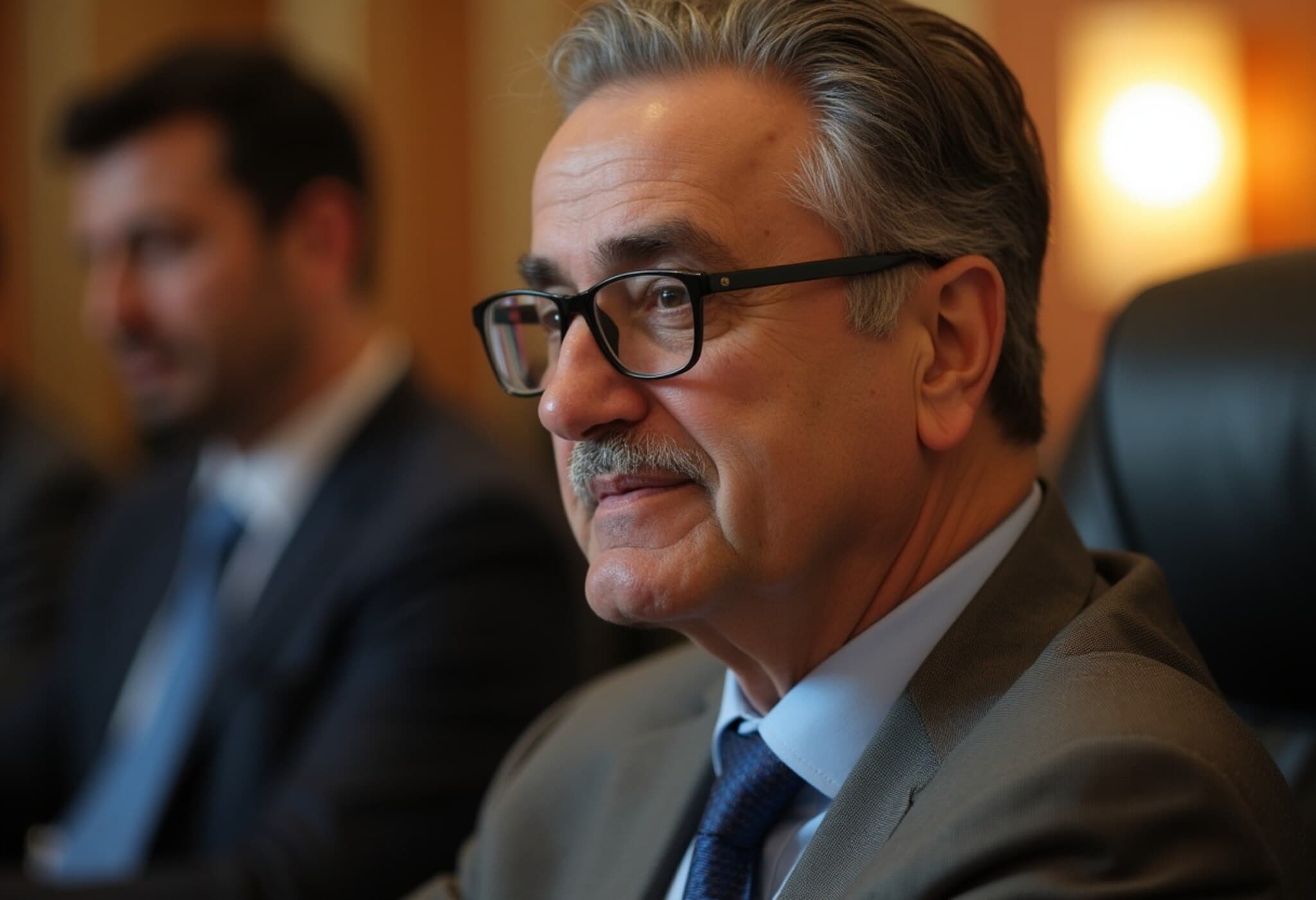Texas Representative Sparks Online Controversy Over Immigration Comments
Texas Republican Congressman Brandon Gill found himself at the center of a social media storm after posting a critique on mass migration, drawing sharp backlash due to his personal ties.
Comparing California Then and Now
Gill shared contrasting images of California from the 1960s alongside scenes from present-day, highlighting societal changes. The 1960s image depicted a tranquil beach scene, while the modern image showed chaotic moments from the LA riots, featuring a man waving a Mexican flag amid fires. Accompanying the visuals, Gill wrote: "California in 1960 vs California today. Mass migration has made America unrecognisable."
Critics Point Out Ironic Twist in Congressman’s Message
The post ignited swift pushback, with many users highlighting the irony that Gill’s wife, Danielle D’Souza, is an immigrant from Mumbai, India. Married in 2017, Danielle is a conservative author and second-generation immigrant. Commenters responded with remarks such as:
- "Remind me, who are you married to?"
- "You married a second-generation immigrant."
This personal detail complicated Gill’s stance, raising questions about the consistency of his anti-immigration rhetoric.
Past Controversies on Immigration and Cultural Assimilation
This is not the first time Gill has ignited debate over immigration issues. Earlier in the year, he criticized a volleyball tournament connected to the Leuva Patidar community, referencing it as an example of "importing foreign class allegiances." He stated:
"America is the ‘land of opportunity’ precisely because we don’t have a caste system. We cannot sustain America’s prosperity and liberty by importing foreign class allegiances. Immigration without assimilation is national and cultural suicide."
His statements have touched a nerve amid ongoing national conversations about immigration policies, assimilation, and multiculturalism.
Broader Implications and Public Response
The reaction to Gill’s posts underscores the complexities politicians face when discussing immigration, especially when personal backgrounds and national narratives intersect. It also illustrates how social media amplifies scrutiny and invites public engagement on sensitive subjects.
As immigration remains a divisive topic in American politics, voices on both sides continue to debate the balance between openness and cultural cohesion.

